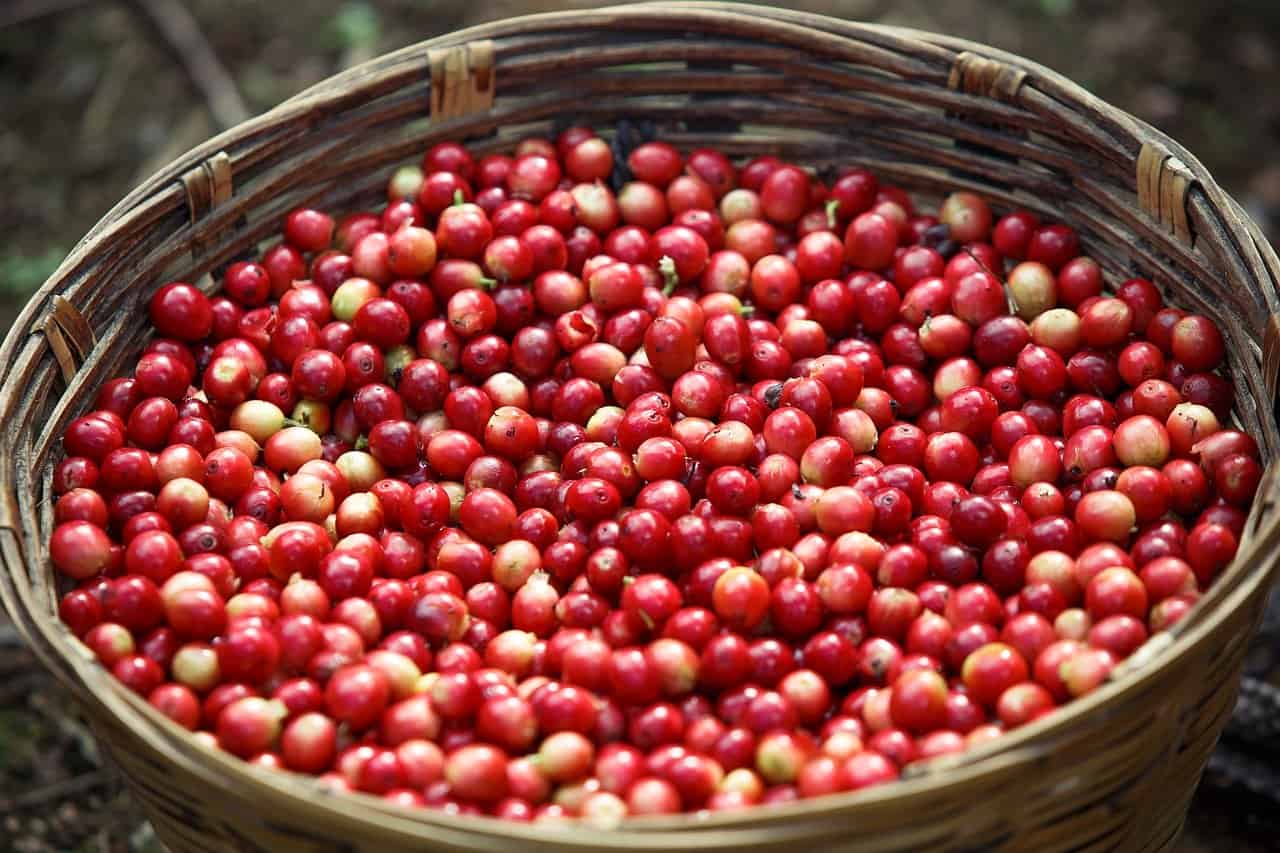The United States has removed reciprocal tariffs on several Costa Rican agricultural exports, a move that promises relief for local producers here and could stabilize prices for North American consumers. The decision, outlined in a new executive order from President Donald Trump, targets goods that the U.S. does not produce domestically in sufficient quantities.
Costa Rica’s Ministry of Foreign Trade confirmed the changes, noting that the exemptions cover a range of key exports. These include beef, roots and tubers such as cassava, bananas, pineapples, coffee, certain cocoa products, banana and pineapple purées, orange juice, and various pineapple juices. The list extends to other meats, spices, and fruits that fill gaps in U.S. supply chains.
The executive order modifies tariffs imposed earlier in 2025 under Executive Order 14257. Those measures had set reciprocal rates starting at 10% and reaching up to 50% on imports from countries like Costa Rica, which faced a 15% levy. Trump cited input from officials and experts, along with factors like domestic demand and production capacity, as reasons for the adjustments.
In the order, Trump stated that he received recommendations from monitors overseeing the national emergency declared in the prior directive. He determined that exempting these agricultural items was necessary to address economic pressures. The president emphasized that the changes align with ongoing trade negotiations and aim to manage the declared emergency effectively.
This shift comes amid broader U.S. efforts to reorganize trade policies. The White House also announced agreements with Argentina, Ecuador, El Salvador, and Guatemala—major suppliers of similar commodities like coffee, beef, and fruit. These pacts maintain or reduce tariff rates for those nations, potentially increasing competition for Costa Rican exporters. However, the product-specific exemptions ensure that Costa Rica’s goods remain competitive in the U.S. market without the added costs.
Costa Rican exporters, who rely heavily on the U.S. as a top destination for bananas, pineapples, and coffee, stand to benefit from lower barriers. In 2024, these products accounted for a significant portion of our country’s agricultural shipments, valued at billions annually. The tariff relief could boost volumes and revenues, supporting our rural communities and our national economy.
In the U.S., the decision addresses rising living costs, a top concern in recent polls. Coffee prices climbed 20% in August and September this year, straining budgets for the two-thirds of American adults who consume it daily. National Coffee Association President Bill Murray highlighted the potential for reduced pressure on households. Beef and veal prices also rose nearly 15% year-over-year in September, prompting Trump to launch an investigation into meatpacking companies for alleged price-fixing.
The exemptions reflect a pragmatic approach, recognizing that certain imports are essential. Costa Rica, a key supplier of tropical fruits and coffee, fills a void in U.S. agriculture, where domestic output for these items is limited. Analysts note that the move could ease inflationary trends without compromising broader trade goals.
While the agreements with other Latin American countries exclude Costa Rica, the product exemptions provide direct advantages. Officials here in San José indicate that negotiations may continue to secure a dedicated pact, but the immediate relief is substantial. Exporters now face fewer hurdles, allowing them to maintain market share during regional shifts.






